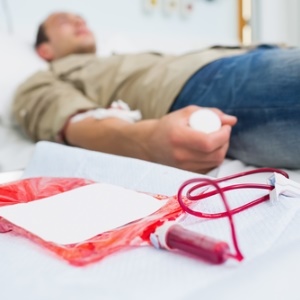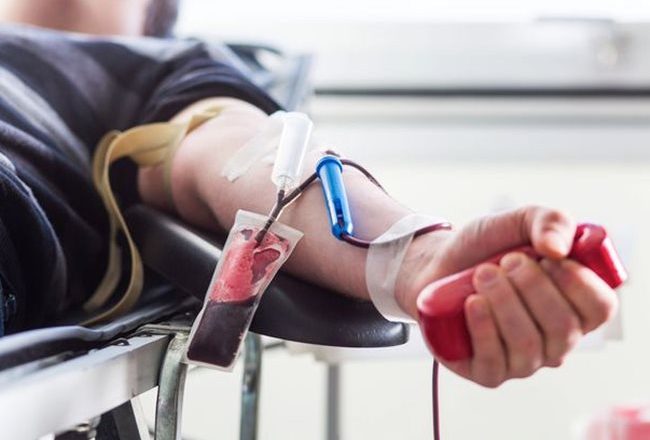
The August, 8th 1998 terror attack at the American Embassy in Nairobi shocked many globally and pushed Kenya to established a national service to manage the availability and safety of blood.
The service was to create an adequate supply of blood from voluntary donors while reducing dependence on family or replacement donors who are considered a risky group.But this has never been achieved. Within minutes of the recent DusitD2 terror attack in Nairobi, hospitals through news rooms were calling out for replacement blood donors to help save lives.
Joseph Wang’endo of BloodLink recognizes there is need of change of operation Foundation and chair of a forum of blood experts pushing for reforms,“We need a new legal infrastructure to address the unfolding crisis,” says Wang’endo.

Recent technical evaluations show the annual blood collection and financing have declined dangerously. The Kenya National Blood Transfusion Service (KNTBS), a department of the Ministry of Health, is only able to collect about a third of the required blood.
This has left hospitals and patients to source own blood from replacement donors or a growing black market. In October, for example, a health worker in Kisumu was convicted for receiving a Sh28,000 bribe to arrange a blood transfusion for a patient.Hospitals are reporting increasing conflicts between staff and relatives whose patients go without transfusion even after relatives have donated blood.
In May, KNBTS director Dr Josephine Githaiga condemned the growing illegal trade in transfusion blood in Kenya. She disclosed that some public hospitals are selling a pint of blood for up to Sh3,000 while critical condition patients are being asked for bribes to access blood.
“Blood is supposed to be free, all Kenyans should be able to access blood even at the most critical times,” she said.
Apart from blood shortages and illegal sales, Kenya is still collecting blood that is contaminated with disease causing germs called Transfusion Transmittable Infections or TTIs.

Several KNBTS in-house reports show Kenya is yet to attain recommended blood safety levels free from HIV, hepatitis and syphilis.Between 2004 and 2016, the US provided Sh40 billion ($468 million) to assist Kenya and other 13 African countries improve their blood safety and availability.An update of the initiative published in December shows Kenya to have fared poorly despite the US pumping in about Sh15 billion.
Kenya was among five participating countries where blood collection has declined.Appearing in the Morbidity and Mortality Weekly Report of the US Centers for Disease Control and Prevention (CDC), it also shows that blood collected in Kenya is still risky for transfusion.The CDC report shows 3.2 per cent of blood collected by KNBTS in 2016 was positive for HIV, hepatitis and syphilis.
Significant also is that the benefiting countries were supposed to incrementally replace the US funding with own resources. During the period, four countries including neighboring Tanzania were able to wean themselves from donor funds.Only Lesotho and Kenya recorded a major drop in government funding to their blood management services. For example, while in 2014-16 government funding of blood services rose by about 800 per cent in Rwanda, it fell by 63 per cent in Kenya.
This, the report says, heralds serious issues on blood availability and safety in Kenya.
“We are facing a potential national catastrophe,” says Sabina Chege, the chairperson of the National Assembly Health Committee. Chege has presented a Bill for Parliament to establish an independent Kenya National Blood Transfusion Service. With the current blood situation, she said, the success of Universal Health Coverage (UHC) cannot be assured.